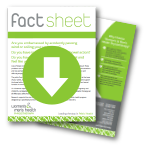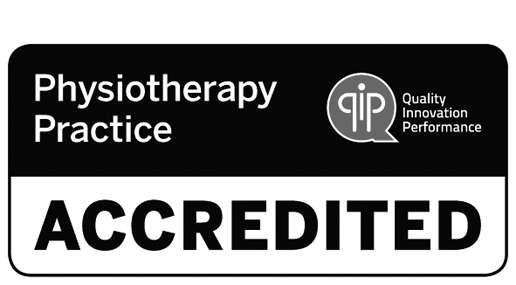Persistent pelvic pain is a condition experienced by 1 in 5 Australian women, but is rarely spoken about. Also known as chronic pelvic pain, persistent pelvic pain is pain felt in the pelvic area, which can include the vagina, anus, coccyx, lower abdomen, hips, present for more than 6 months. Those experiencing pelvic pain will often also notice changes in their bladder or bowel function, or have pain with sex.
Pelvic pain is unique as the pelvis is home to the reproductive organs and crucial private bodily functions that we often don’t talk about, making pain in this area highly distressing.
Common Symptoms:
Your symptoms may be constant, they may come and go, or they may cycle with your period.
Some examples of common symptoms women may experience are:
• Painful periods, or pain with ovulation
• Generalised lower abdominal and pelvic pain or discomfort
• Pain with sitting or wearing tight clothing such as jeans or active wear
• Painful sex (during or afterwards)
• Pain with inserting a tampon or pain with an internal examination / pap smear / cervical screening
• Pain with a full bladder and a feeling of needing to go to the toilet frequently
• Painful urination
• Abdominal bloating or an irritated bowel
• Tail bone or coccyx pain
• General ill health with fatigue, poor sleep, low mood or feeling anxious
What Causes Persistent Pelvic Pain?
Pelvic Pain often begins with a medical condition, such as endometriosis or recurrent urinary tract infections, a stressful life event, such as work or family stress, or sometimes the cause is not known. Pain can then become persistent when other changes happen in the body, including changes to the muscles, the nervous system (the nerves and the brain), and changes in your thoughts and behaviours. The pelvic floor and abdominal muscles can often become tense, which can contribute to your pain. Poor sleep and emotional factors such as stress, anxiety, or depression also play a role.
How We Can Help:
Our experienced Physiotherapists understand this complex problem and will work with you to improve your quality of life. We take a wholistic approach addressing all aspects that may be contributing to your pain.
Your physiotherapist will take a detailed history to work out what is causing your pain. They will help you to understand the relationship between your organs, muscles, nerves, joints, thoughts, feelings and the world around you and your pain. We know how to reduce pelvic floor and abdominal muscle tension and have many practical strategies that you can use to help improve your wellbeing and restore your pelvic health.
We work closely with you, your referring doctor and other health professionals to achieve your goals.
What To Expect:
Our caring physios are invested in your overall wellbeing, empowering you to live your best life. During your treatment with us you can expect:
• Time spent hearing and exploring your story, understanding your unique body, mind and lifestyle factors and establishing goals with you
• A thorough physical assessment, which may include an internal exam (if and when you are ready)
• A detailed explanation of what is causing your pain, and what we can do to help
• Design of a treatment program tailored to your individual needs and goals
• Development of a ‘pain management toolkit’ to give you strategies to help manage your pain
• Exercises for your pelvic floor muscles
• Desensitisation exercises, massage techniques and / or stretches and strengthening exercises for your pelvis, back, abdomen or legs
• Treatment of bladder or bowel problems
• Education about intimacy, arousal and libido and how to integrate relaxation into an intimate setting
• Education about the science of pain, to help you understand the relationship between your pain, nervous system, and physical and emotional health
• Advice to help get you moving in a safe and comfortable way
• Advice on lifestyle factors including general exercise, sleep, diet and stress management











